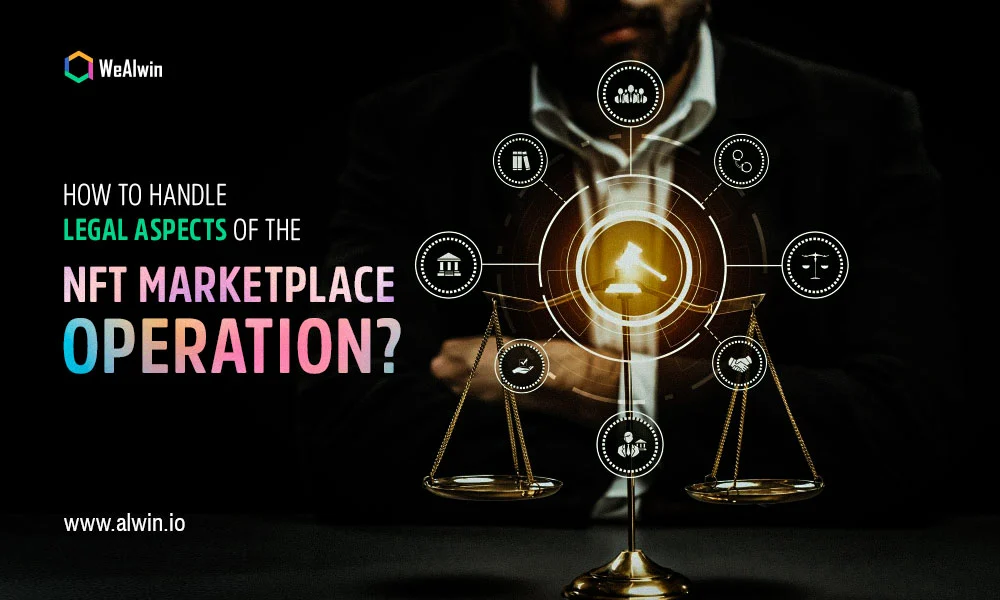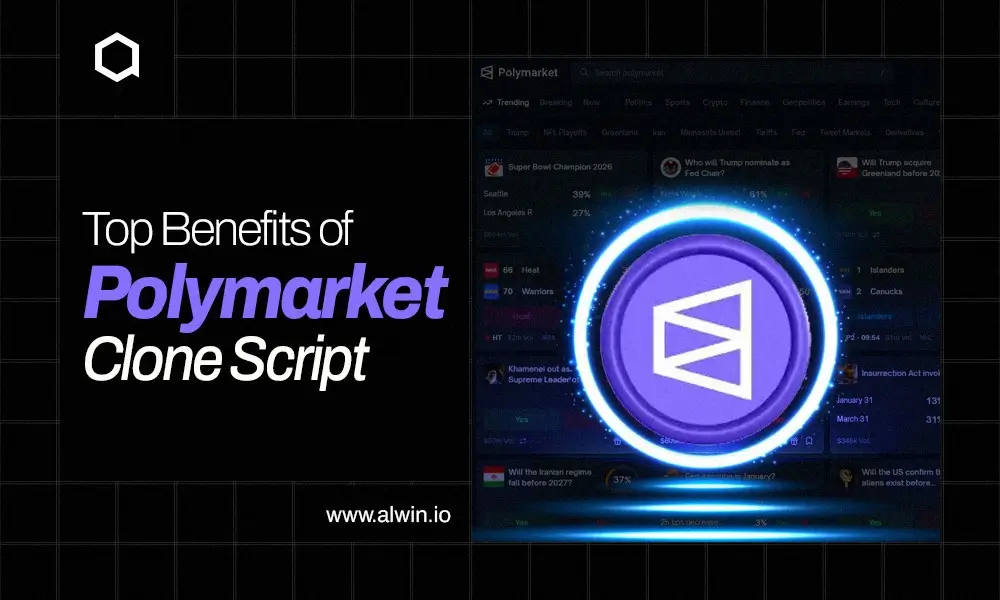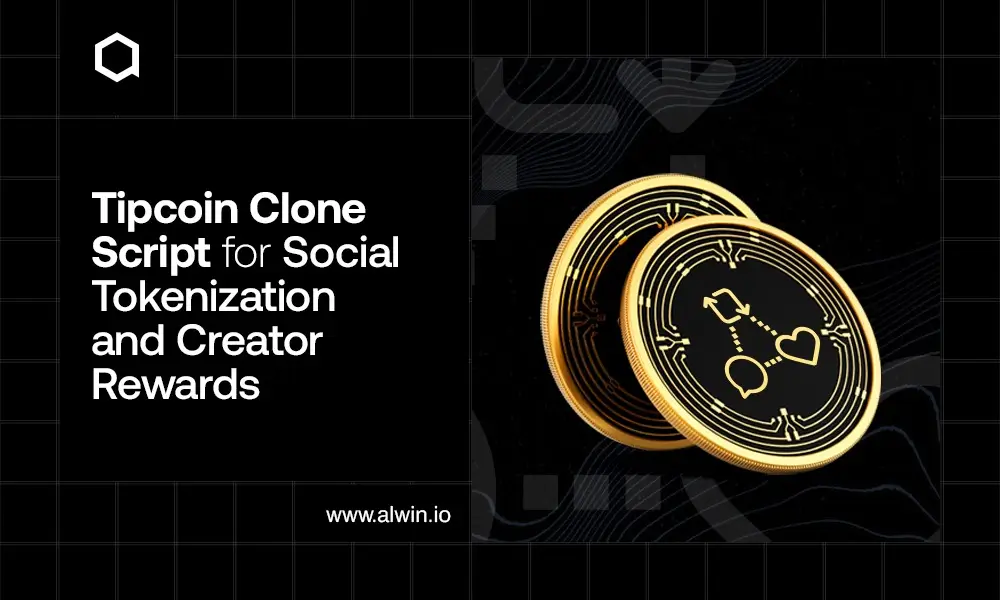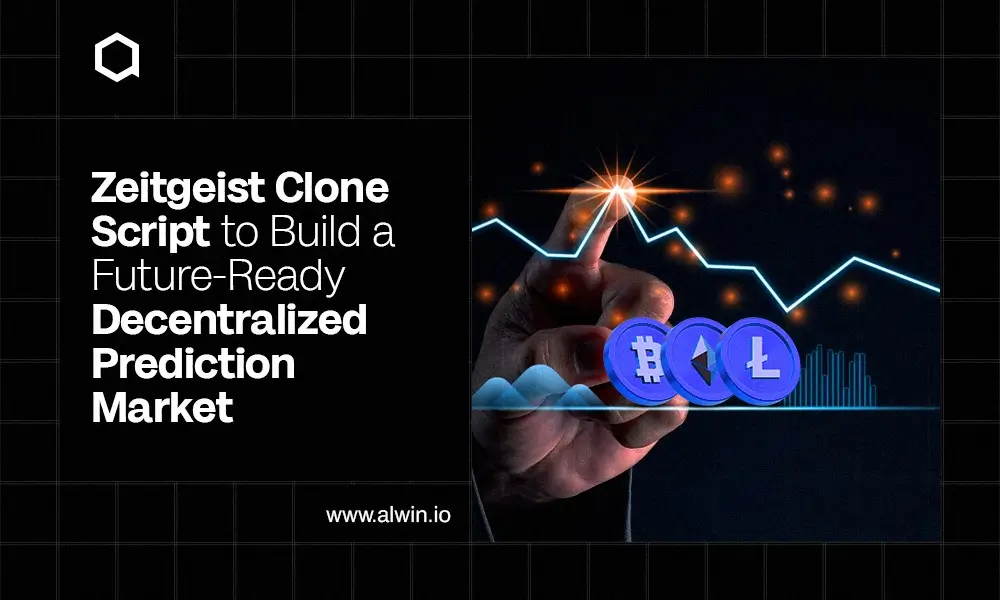As the NFT marketplace continues to gain popularity, most individuals and businesses are looking to get involved in this fast-growing industry. However, there are legal issues that need to be taken into account with any new endeavor.
Are you aware of the legal aspects involved in operating an NFT marketplace?
The NFT marketplace is a relatively new and exciting space that has the potential to revolutionize the way we buy, sell, and trade digital assets. With these innovations, a unique set of legal challenges must be addressed to operate as a successful and compliant platform.
To successfully navigate the legal aspects of the NFT marketplace operation, it is crucial to have a solid understanding of the laws and regulations that govern this industry. From intellectual property rights to consumer protection laws, there are a variety of legal considerations that must be taken into account. In this article, we will explore how to handle the legal aspects of operating an NFT marketplace to ensure a smooth and successful operation.
NFTs and the NFT Marketplace:
NFTs, or non-fungible tokens, are unique digital assets that can represent ownership or proof of authenticity for digital files such as artwork, music, videos, and more. These assets are stored on a blockchain, making them secure and verifiable.
The NFT marketplace is a platform where NFTs are bought, sold, and traded. It gives artists a place to display their creations and gives collectors a way to get exclusive digital files. However, with the rise in popularity of NFTs, legal considerations have become a growing significance.
Legal Considerations for Operating an NFT Marketplace
Intellectual Property Rights and NFTs:
Intellectual property rights play a significant role in the NFT marketplace. Creators must understand how the copyright, trademark, and other IP laws are applied to digital assets. By tokenizing their work, they can establish ownership and control over their creations.
Creators need to consider licensing agreements when selling their NFTs. They can choose to retain certain rights, such as the right to create limited editions or the right to receive royalties from subsequent sales. By clearly defining the terms of use for their NFTs, creators can protect their intellectual property and prevent unauthorized use or distribution.
Copyright Infringement Issues in the NFT Marketplace:
Copyright infringement is a major concern in the NFT marketplace. Unauthorized usage of protected content may result in disagreements in court and financial penalties. NFT marketplaces need to implement strict policies and procedures to prevent the sale of infringing NFTs.
Creators and buyers should also be vigilant in ensuring that the NFTs they create or purchase do not infringe on someone else's copyright. Conducting thorough due diligence and obtaining necessary permissions or licenses can help mitigate the risk of copyright infringement.
How to shield your NFT marketplace from fraud and scams, ensuring user security and platform integrity?
Fraud and scams are a concern in the NFT space, emphasizing the need for vigilance and security measures to protect users' investments. NFT marketplaces should implement robust security measures and verification processes to protect their users. This includes verifying the authenticity of the NFTs being listed, ensuring secure transactions, and protecting users' data.
Consult with our business experts to develop your NFT Marketplace Platform Development! Chat with us on WhatsApp
Implementing a reputation system or user ratings can also help identify trustworthy sellers and buyers. Additionally, educating users about common scams and providing resources for reporting suspicious activity can help maintain a safe and trustworthy marketplace environment.
Compliance with Financial Regulations in the NFT Marketplace:
The sale and purchase of NFTs have financial implications, including tax obligations and compliance with financial regulations. NFT marketplaces need to ensure that they are compliant with relevant laws and regulations, such as anti-money laundering (AML) and know-your-customer (KYC) requirements.
Marketplaces should also provide clear information to users regarding any taxes or fees associated with buying or selling NFTs. By being transparent about these financial considerations, marketplaces can help users make informed decisions and avoid any legal repercussions.
Privacy and Data Protection in the NFT Marketplace:
Privacy and data protection are paramount in any online marketplace, including the NFT space. NFT marketplaces need to have robust data protection measures in place to safeguard user information and prevent unauthorized access.
Users should be informed about the data that is collected, how it is used, and their rights regarding their personal information. Implementing secure encryption, maintaining strong access controls, and regularly auditing security measures can help to protect user privacy in the NFT marketplace.
Terms of Service and User Agreements for NFT Marketplaces:
Clear and comprehensive terms of service and user agreements are essential for NFT marketplaces. These agreements outline the rights and responsibilities of the platform and its users, setting expectations and providing legal protections.
Terms of service should cover aspects such as ownership rights, prohibited activities, dispute resolution mechanisms, and liability limitations. By having well-drafted and legally enforceable agreements, NFT marketplaces can minimize legal risks and provide a trustworthy platform for users.
Taxation: Consult with tax experts to understand and comply with tax laws applicable to NFT transactions.
Consumer Protection: Implement dispute resolution mechanisms and adhere to consumer protection laws to safeguard buyers and sellers.
Jurisdictional Compliance: Seek legal advice to ensure compliance with laws and regulations in all operating jurisdictions. Stay updated to mitigate legal risks.
Marketplace Structuring: Choose appropriate legal structures for the marketplace, considering factors like liability and governance.
Contractual Agreements: Draft terms of service, user agreements, and dispute resolution mechanisms to govern transactions and user interactions.
Legal Counsel: Consult with legal experts specializing in blockchain and digital assets to navigate complex legal issues.
Hiring Legal Counsel for Your NFT Marketplace
Given the complex legal landscape surrounding NFTs, seeking legal counsel when operating an NFT marketplace is advisable. Legal professionals experienced in intellectual property, contract law, and blockchain technology can provide valuable guidance and ensure compliance with relevant legal requirements.
Legal counsel can assist with drafting and reviewing contracts, addressing copyright and licensing issues, and navigating any legal disputes that may arise. By investing in legal expertise, NFT marketplaces can protect their interests and create trustworthy for creators and buyers.
Conclusion: Importance of Addressing Legal Aspects in the NFT Marketplace Operation
As the NFT marketplace continues to evolve, it is essential to address the legal aspects associated with its operation. From intellectual property rights to financial regulations and privacy concerns, navigating these legalities is crucial for creators and buyers.
By understanding the legal considerations and implementing appropriate measures, NFT marketplaces can foster a secure and trustworthy environment. Engaging legal counsel, implementing robust security measures, and educating users about legal obligations can help ensure a smooth and legally compliant journey into the world of NFTs.
By doing so, we can unlock the full potential of NFTs while maintaining a fair and legally sound ecosystem. Ready to navigate the legal landscape of NFTs? Consult with our experts today for tailored guidance and proactive solutions. Approach us to build your own NFT Marketplace.



